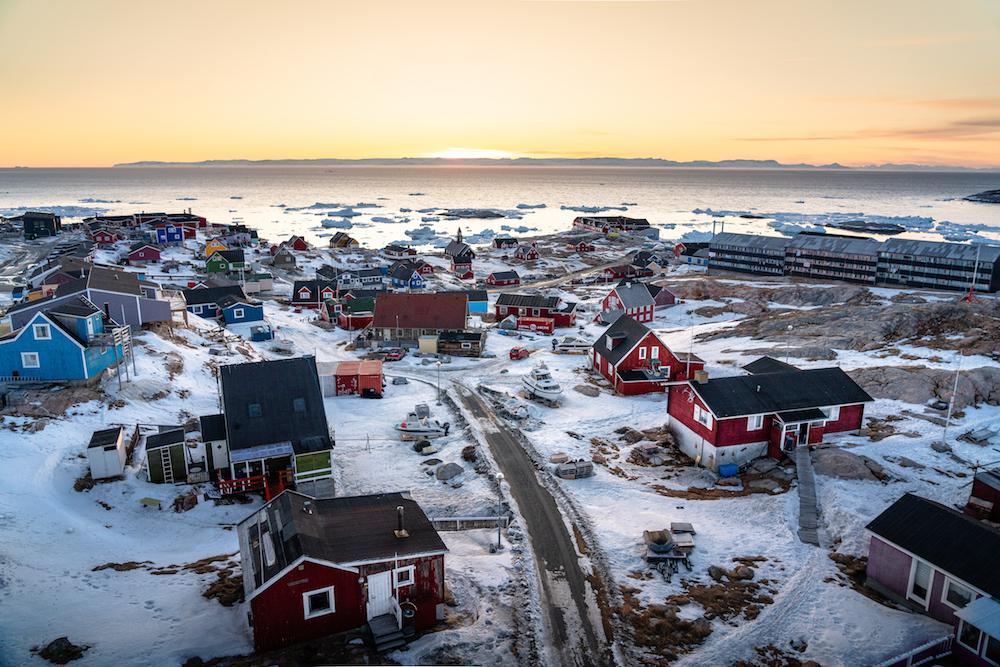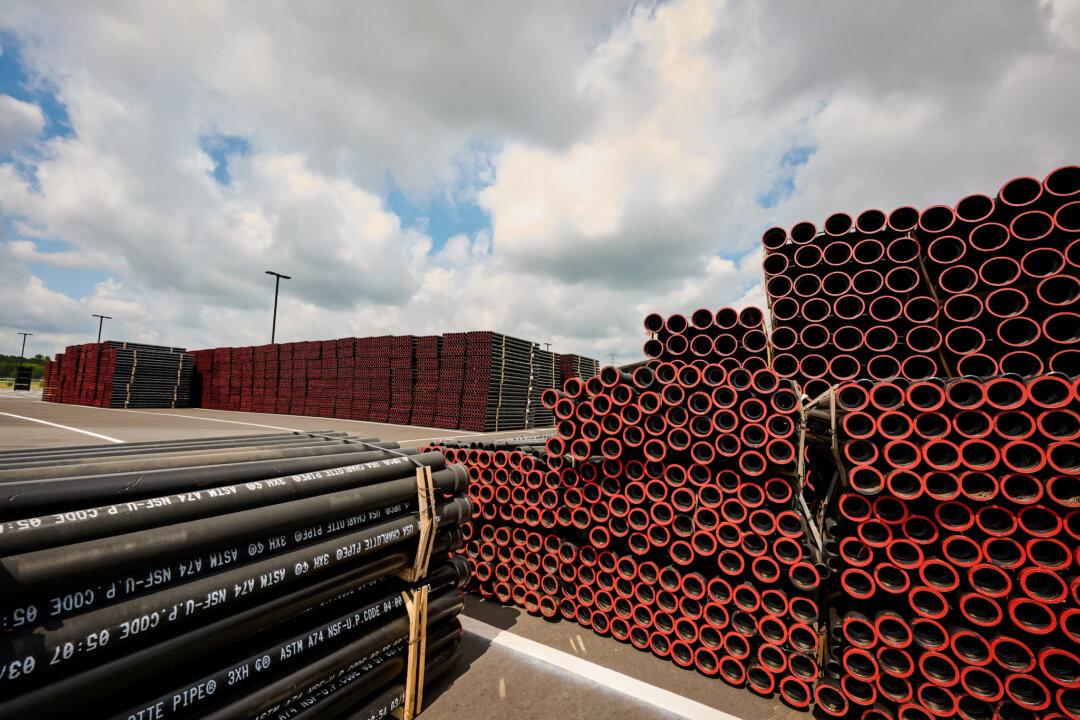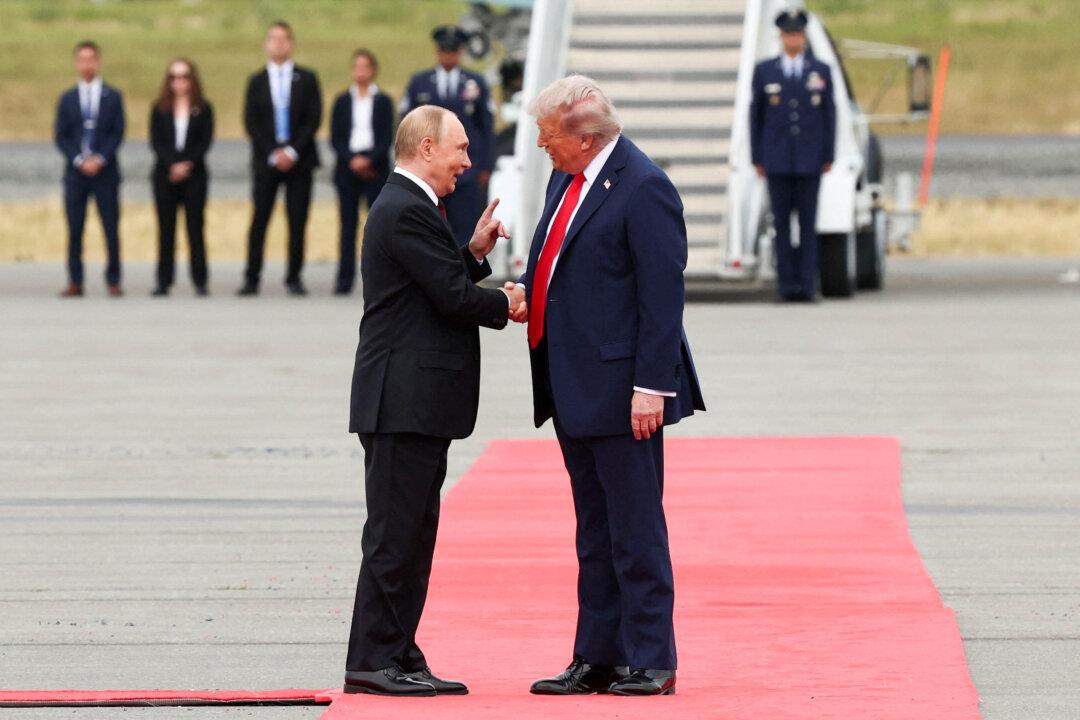President-elect Donald Trump’s recent remarks about potentially using military or economic measures to seize control of Greenland have raised some eyebrows around the world.
While some view his comments as extreme, there is a longstanding consensus within the U.S. national security community that China’s and Russia’s growing influence in the Arctic is worrisome and demands immediate attention.





